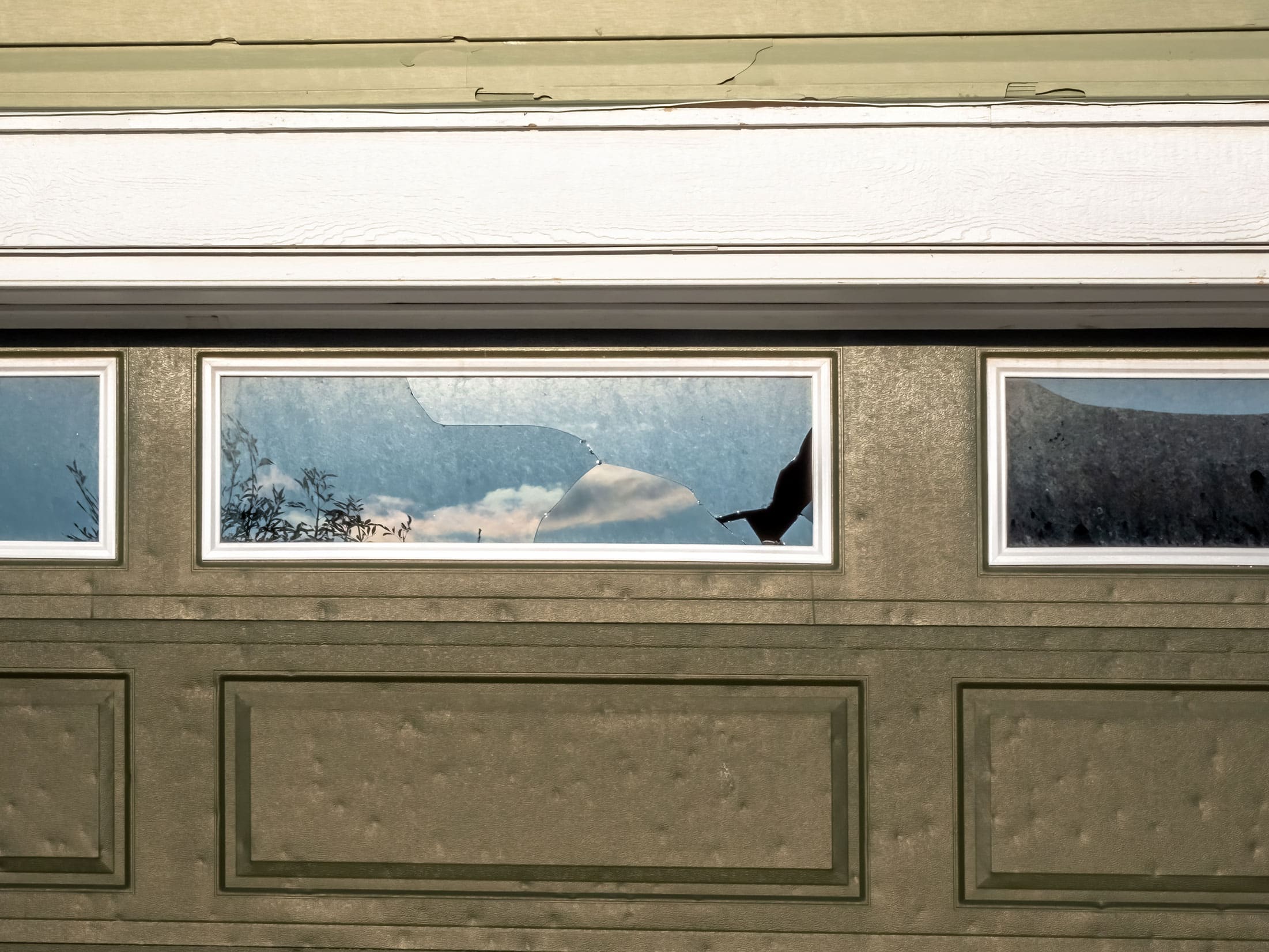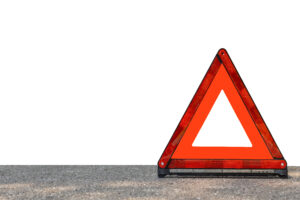While garage doors are designed to be durable and last for many years, consistent wear and tear, especially without proper maintenance, can take a toll. Garage doors open and close an estimated 1500 times per year, so it makes sense that the component parts, like springs, rollers, and panels, can deteriorate. This deterioration will impact both the functionality and safety of the door and signals the need for replacement. Here’s a checklist to help you determine if your garage door needs replacing:
Visual Structural Damage
Cracks in Wooden Doors:
While wooden doors offer a classic aesthetic and inviting curb appeal, they can develop cracks relatively easily if not properly maintained. Weather conditions, such as humidity, extreme rain, or temperature fluctuations, can weaken the wood and cause splitting and cracks. These cracks not only affect the door’s appearance but also can make the door less safe and insulated.
Dents and Rust in Metal Doors:
About 35% of garage doors experience dents from vehicles, children’s games, random objects, and everyday use. These dents can affect the balance and alignment of your garage door which makes it difficult to open and close and less safe.
Rust is a sign that a metal door may need replacing, especially since it typically starts on the hinges or screws and can affect the door’s structural integrity. Regular exposure to moisture and humidity can accelerate rust as well and make the door harder to open and close which then, in turn, puts further wear on other components.
Warping in Composite Doors:
While composite doors offer better resistance to weather elements, years of exposure can still cause them to warp. Warped doors can easily lose alignment, which places additional strain on the door’s opener system and can lead to mechanical issues or make the door less secure.
Age of the Door
Even though garage doors are built to last between 15-30 years, if your door is over 15 years old, it might be more cost-effective to replace it instead of the more frequent repairs it may need as it continues to age. Additionally, some older models lack the modern insulation or ability to connect to smart technology, including safety features, which can affect the efficiency and security of your door.
Noise and Vibration During Operation
Excessive creaks, grinds, or squeaks as the garage door opens or closes are usually signs of worn-out rollers or misaligned tracks. The deterioration of these components and the accompanying noise should indicate the need for door replacement, especially to avoid further mechanical damage over time. Additionally, excessive vibrations may indicate a very serious problem with the springs or cables. This requires immediate attention as the springs and cables bear the weight of the door. Deteriorated springs and cables may mean that the door is unstable and unsafe.
Frequent Breakdowns or Repairs
If you find yourself constantly calling for repairs, it might be time to replace the garage door since consistent repairs can sometimes be more costly than simply replacing the door. While routine maintenance is part of home (and garage door) ownership, frequent repairs due to breakdowns can add up financially and replacement becomes the economical choice.
Faulty or Malfunctioning Safety Features
Sensors and auto-reverse features are paramount to preventing injuries, and most modern garage doors come equipped with these important safety features. However, if your door doesn’t stop or reverse when an object is detected, it may be time to replace the door. Safety mechanisms are incredibly important, especially considering over 2000 injuries per year are attributed to garage doors.
Outdated Style or Lack of Curb Appeal
You may simply decide to replace your garage door for purely aesthetic reasons, including a change in your desired style preferences, to improve curb appeal, or to match stylistic trends. Whatever your reason may be, garage door replacement delivers the best return on your investment of all remodelling projects: about 194% of the cost to replace the door can be recouped.




